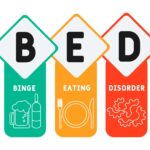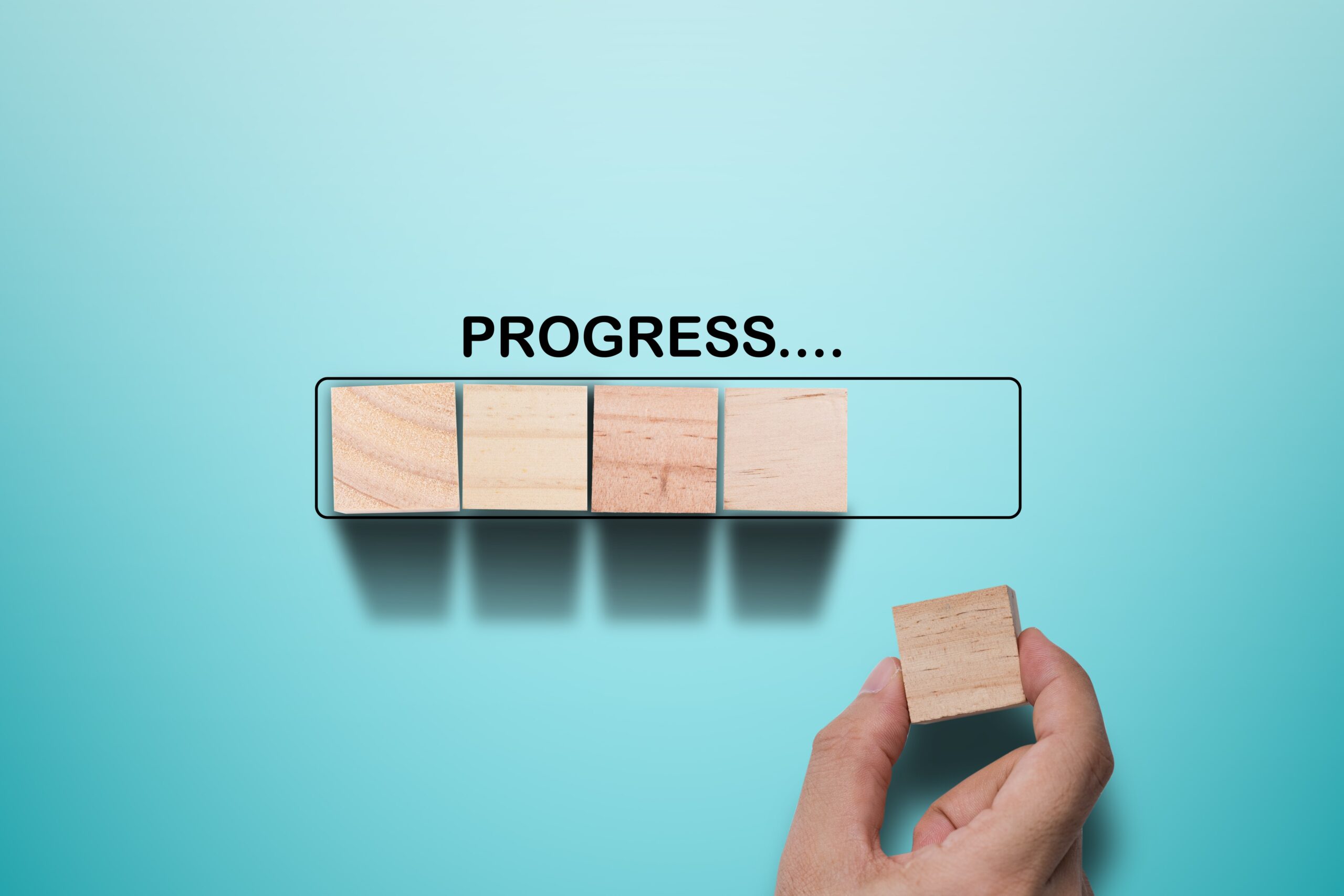Blog

What should I do if I can't feel my hunger?
How to get your hunger cues back and promote body trust
If you’re familiar with intuitive eating, you’ve probably heard the principle “honour your hunger”. In fact, intuitive eating is often misrepresented as a hunger-fullness diet (it’s not, but that’s an explanation for another day!).
So what do you do if you want to become an intuitive eater but you’ve lost the sensation of hunger due to years of restriction? This article will take you through four steps towards reconnecting with your body and getting back in touch with your hunger cues.
Why do we get hungry?
You might be rolling your eyes at this subheading but bear with us!
Hunger signals exist to let you know that your body is running low on energy. To put it in simple (and probably obvious) terms, hunger tells you that you need to eat.
As the stomach empties, ghrelin (the hunger hormone) is produced in the gut. It travels to the hypothalamus (a part of the brain that regulates many bodily functions like appetite, mood and temperature), which in turn sends a strong signal to your body that energy supply is low. Ghrelin levels (and your appetite) continue to rise until you start to eat.
When you consistently ignore your hunger cues, these signals can become blunted as the connection to your body is lost. A 2016 study found that people with eating disorders unconsciously send signals from other parts of the brain that override the hypothalamus and quash hunger cues.1 You might only feel hunger once you are ravenous, or you might not feel hungry at all.
What can I do to get my hunger cues back?
ONE: Eat consistently and enough
One of the most important steps towards reconnecting with your hunger is teaching your body that it can trust you to feed it. By eating at regular intervals throughout the day, typically every three to four waking hours, the body will slowly learn that starvation is not imminent. This allows it to focus instead on regulating the hormones and circadian rhythm, which in turn helps to heal hunger cues.
If you’re eating has been disordered for a while, your ability to recognise how much food is “enough” may be distorted. If this sounds like you, it’s a good idea to work with a dietitian to make sure you’re meeting your nutritional requirements. Our dietitians specialise in helping people to reconnect with their bodies – learn more about how we can support you with a free enquiry call.
TWO: Look out for the more subtle signs of hunger
We typically think of the feeling of hunger as occurring in the stomach – rumbling, growling, an ‘empty’ feeling or even pain. However, when you ignore hunger for long enough, your body learns new ways to communicate with you.
As you reconnect with your body, look out for other signals that might indicate hunger. This might look like dizziness, difficulty concentrating, weakness, fatigue, shakiness, nausea, irritability or just thinking about food.
To identify what hunger feels like in your unique body, try tuning in before, during and after eating. How does your body feel before your meal? How does that change as you eat? Sensations that disappear as you eat can generally be assumed to be signs of hunger.
THREE: Shift your focus from external cues to internal cues
In psychology, our internal cues are those that come from within our bodies and our external cues come from our environment.
When it comes to eating, our internal cues are our hunger and fullness signals; conversely, our external cues to eat include things like calorie counts, time of day and other arbitrary food rules.
As alluded to above, eating in accordance with external rather than internal cues is one of the major contributing factors to a loss of the body’s hunger sensations. In addition to eating regularly and relearning what hunger feels like in your body, practice rejecting external cues that tell you when you can and can’t eat.
Contrary to popular belief, your body is not a machine! It doesn’t run by a clock or an exact calculation of calorie requirements. Your body’s needs change day-to-day, and it will let you know what it needs through your internal cues. If you’re hungry, it means you’ve run out of energy and need to refuel.
Eating soon after the first subtle signal of hunger helps to rebuild trust in the body.
You might find it helpful to use the hunger-fullness scale as a tool to begin to shift your focus away from external cues, as research supports its effectiveness in helping individuals to become more aware of their internal cues.2 This blog article by Rachael Hartley has a great explanation on how to use it!
FOUR: Work towards positive embodiment
Becoming more embodied is something we’re passionate about helping our clients to work towards – after all, there’s a reason we’re called Embody Health London!
Embodiment describes your experience within your own body. When you trust your body and feel connected with it, you are embodied.
When re-learning how to connect with your body, embodiment-promoting strategies may include practicing mindfulness through body-scan visualisation exercises that bring your attention to different parts of the body such as your breath, heartbeat, the weight of your limbs touching the surface etc. Meditation and yoga can equally be a great place to start to cultivate embodiment.
Embodiment is correlated with increased interoceptive awareness, which involves the capacity to tune into inner sensations so that they become available to conscious awareness. When it comes to eating, this can look like honouring your hunger, feeling your fullness and seeking pleasure and satisfaction from your food.
Working towards embodiment can help you to rediscover your hunger, as research suggests that as you become more embodied, you will also become more in touch with your internal cues.3
To learn about how to improve your sense of positive embodiment, check out our recent blog article!
For more support on your journey towards recovery from restrictive eating, send us an email at hello@embodyhealthlondon to find out more about how our expert dietitians can help.
Karli Battaglia MDiet, APD
EHL Team x
References
- Frank G, Shott M, Riederer J, Pryor T. Altered structural and effective connectivity in anorexia and bulimia nervosa in circuits that regulate energy and reward homeostasis. Translational Psychiatry. 2016;6(11):e932-e932.
- de Bruin W, Ward A, Taylor R, Jospe M. ‘Am I really hungry?’ A qualitative exploration of patients’ experience, adherence and behaviour change during hunger training: a pilot study. BMJ Open. 2019;9(12):e032248.
- Cook-Cottone C. Incorporating positive body image into the treatment of eating disorders: A model for attunement and mindful self-care. Body Image. 2015;14:158-167.
- Price CJ. & Hooven C. Interoceptive Awareness Skills for Emotion Regulation: Theory and Approach of Mindful Awareness in Body-Oriented Therapy (MABT), Frontiers in Psychology. 2018; https://doi.org/10.3389/fpsyg.2018.00798













